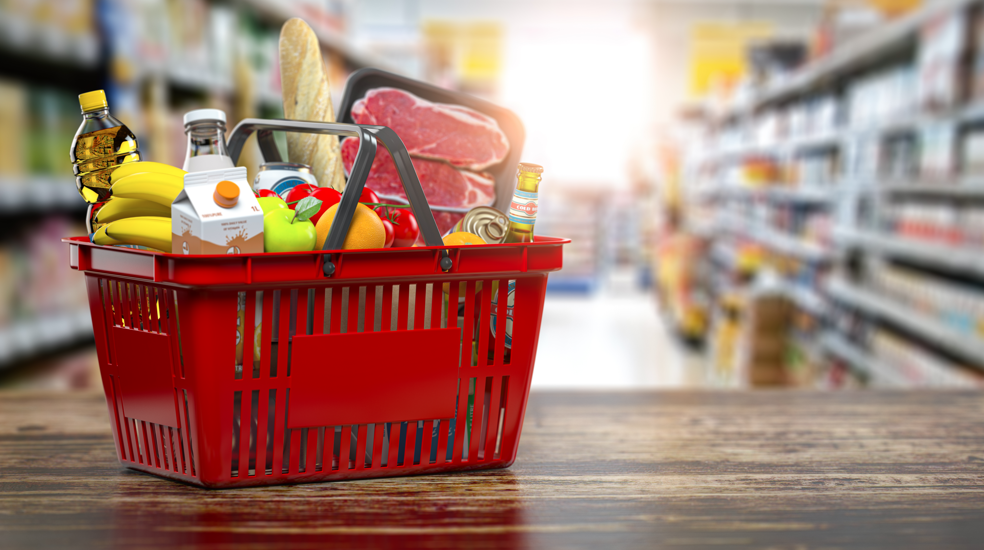Just over half (51%) of businesses said their packaging costs have gone up by 20% or more, while 39% have reported a similar rise in transport costs.
FDI Director Paul Kelly said: “The rate of cost inflation in the sector continues to rise across all the main inputs and this is now increasingly accompanied by supply shortages of these inputs.”
“Global food commodity prices for example are up 33% year on year according to the FAO Food Price Index. Food Drink Ireland surveyed member companies in July to assess the extent and impact of input cost increases.”
In terms of the factors to which respondents attributed input cost inflation, all respondents (100%) considered global supply chain constraints either ‘very relevant’ or ‘relevant’ to the current situation, while 96% considered raw material shortages ‘very relevant’ or ‘relevant’ and 96% considered COVID-19 impacts ‘very relevant’ or ‘relevant’.
The percentage of those that considered Brexit ‘very relevant’ or ‘relevant’ stood at 84%, down from 100% in a similar poll in July.
Respondents most commonly cited packaging as the input where further cost inflation was expected in the next six to 12 months but most other input costs are expected to increase too.
“Our survey results are showing that cost inflation and also shortages of key inputs are worsening,” Mr Kelly said.
“Whilst food and drink manufacturers work tirelessly to absorb increases within their businesses, rising inflation in commodity prices can quickly erode producers’ margins if they aim at keeping consumer prices down.
“Whilst general inflation is now over 5%, consumer price inflation for food and beverages is still less than 1% and costs will inevitably have to be passed on.”








